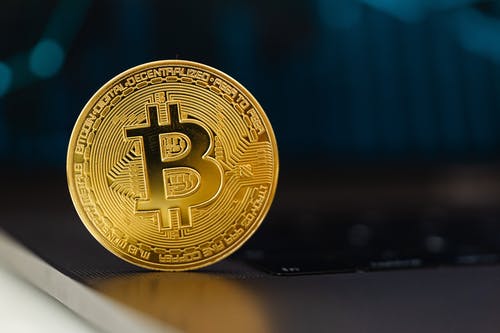Few people use cryptocurrencies to pay for everyday goods because the transaction fees are high and merchants don’t accept crypto as payment, but that is changing, Morgan Stanley said in a research report Thursday.
The bank noted that payments company Strike recently announced a partnership with point-of-sales supplier NCR and payments firm Blackhawk Network, which means a large number of U.S. stores and restaurants will soon be able to accept bitcoin. Strike’s planned payment system uses the Lighting Network to process transactions, it added.
Morgan Stanley says partnerships with physical stores are a more important milestone in the “evolution of bitcoin usage as a medium of payment,” as over 85% of sales in the U.S. occur in shops rather than online.
The banking giant further explained that sending small payments is more practical with Lightning than with debit cards as the Bitcoin second-layer network can route transactions while charging almost no fees.
Low transaction fees and open accessibility make adoption easier for merchants, which Morgan Stanley thinks will lessen the burden of volatility as the continued acceptance of bitcoin or other cryptocurrencies as a means of payment might lead to a fall in their volatility, according to the report.
One interesting component of this integration is that Strike leverages Bitcoin, the network, to allow merchants to never touch bitcoin, the asset, as a means of payment. As a result, the consumer can spend their BTC while the merchant receives dollars with nearly zero fee deduction and at the same time doesn’t need to worry with additional accounting requirements.
“If we can help make the Bitcoin network more accessible and usable, we believe we can change the world,” Strike CEO Jack Mallers said at the Bitcoin 2022 conference in Miami, according to CoinDesk.
Bringing Bitcoin payments to physical stores is key to the currency gaining more widespread adoption and the “evolution of bitcoin usage as a medium of payment,” Morgan Stanley contends.
Widespread adoption of Bitcoin as a payment method could help stabilize the fluctuating price of the digital asset, the bank contends.




















